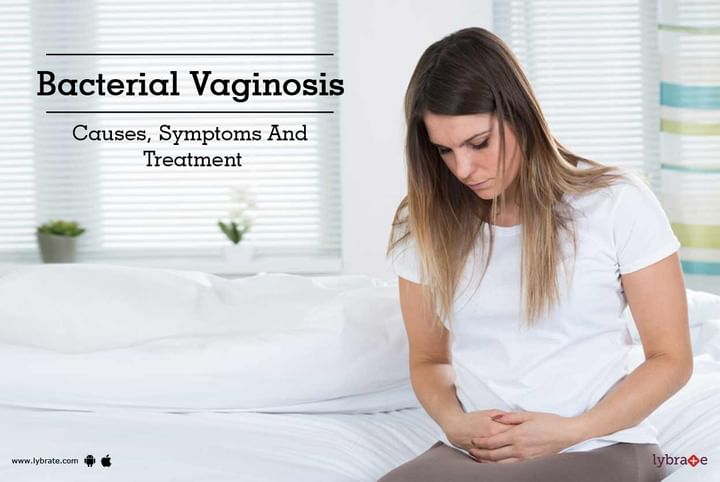Bacterial Vaginosis - Causes, Symptoms And Treatment
Bacterial vaginosis is a condition which is characterized by an infection in the vagina. The vagina consists of both good and bad bacteria which remain in a state of balance. Bacterial vaginosis occurs when the balance of bacteria in the vagina gets disrupted. The count of bad bacteria in the vagina tends to increase as compared to the count of good bacteria.
Causes-
It occurs when the balance of bacteria in the vagina is upset. There are certain factors that may make you prone to this disorder; some of them are:
-
Douching: Douching is a process of cleaning the vagina with water or cleansing agents. This process leads to an imbalance in the amount of good and bad bacteria in the vagina.
-
Multiple sex partners: Women who have multiple sex partners are at an increased risk of getting affected by bacterial vaginosis.
-
Lack of Good Bacteria in the Vagina.
Symptoms-
The usual symptom of this disorder is a foul smelling vaginal discharge. The color of the discharge may be yellow or gray. The foul smell emanating from the vagina may intensify post coitus.
Treatment-
Given below are the treatments for this disorder –
-
Clindamycin: Clindamycin is a cream that helps treat bacterial vaginosis.
-
Metronidazole: This medication may be either administered orally or applied in the form of gel. It is advised to stay away from alcohol during the course of this treatment, as it reduces the efficacy.
-
Tinidazole: This is an oral medication administered to treat bacterial vaginosis. Akin to metronidazole, it is advised to avoid alcohol during the course of this treatment.
Preventive Measures-
Following certain tips can help prevent bacterial vaginosis.
-
Avoid douching: Douching can upset the balance of bacteria in the vagina; hence it is best to avoid it entirely.
-
Do not use scented toiletries: Using scented toiletries is not good for the vagina as it can disrupt the balance of bacteria in the vagina.
-
Practice safe sex: Use protection while engaging in sexual intercourse to prevent STIs. If you wish to discuss about any specific problem, you can consult a gynaecologist.



+1.svg)
